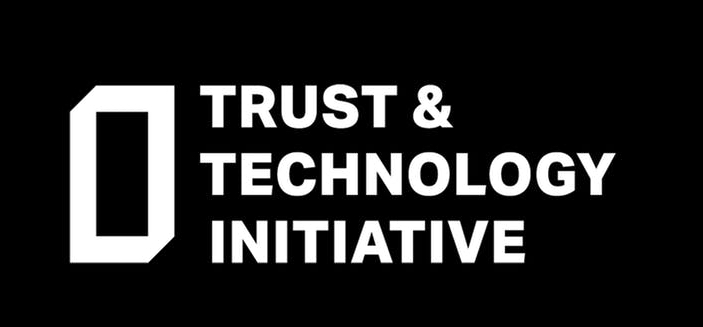Govtech requires many relationships of trust
Governments around the world are beginning to support the growth of domestic Govtech, or government technology, industries. Govtech companies—typically start-ups and SMEs—seek to serve the public sector as client, maximising the efficiency of their public service provision. For governments, the development and sustainable growth of the Govtech industry holds a double allure: the promise of economic growth as the global Govtech market courts valuations of $400 billion annually; and the possibility of innovating the domestic public sector at a moment when the institution of government is at a crisis point— frequently perceived as retrograde and excessively bureaucratic. My research explores policies for building sustainable and citizen-centred Govtech ecosystems. It finds three relationships of trust—belief in the reliability and capacity of others—to be crucial to this effort.
Institutional Trust
A crisis of trust in governance institutions has long been stirring across democracies. We are also bearing witness to increased scepticism towards the trustworthiness of digital and new technologies and the people who create them. Govtech emerges at the convergence point of this double dip in public confidence. As govtech companies gain power, they can help to recuperate citizens' trust, for example by reducing fraud. But a deficit of accountability could amplify the crisis. It may hamper delivering efficiency and innovation, which are better served by trust- based legitimacy, thus pushing citizens further towards anti-system options. To mitigate this risk, we should settle on a definition of Govtech as intrinsically a dual-purpose sector—efficiency boosting and accountability boosting—and evaluate individual govtech ventures against both those criteria
Ecosystemic Trust
The need for shared definitions feeds into a broader question of trust across the ecosystem, or community of individuals and organisations who will build, buy, use and regulate Govtech products and services. Policymakers and entrepreneurs often view each other with mutual curiosity but scant understanding. Their modi operandi diverge extremely. To work together productively, governments and Govtech companies require skilled 'translators' equipped to navigate between with the different languages, cultures, priorities and ambitions both across the technological and policymaking dimensions of government, and between tech firms and the state. These translators can create trust through enabling communication and building comprehension.
Examples of translators’ work are becoming evident. Bird, a mobility company providing electric scooters, recently launched a GovTech platform for city governments. The approach is commercially shrewd, appealing to regulators who may otherwise treat them heavy-handedly.5 But it is also empathetic, demonstrating understanding of the challenges of urban governance by providing city administrators with the tools to oversee how vehicles occupy the public spaces that they govern.
Investor Trust
Govtech enterprises need time to build public-sector knowledge and relations. Private venture capitalists, whose financing many Govtech founders seek, often expect sizeable returns on their investments in just three to seven years. Funding deployed with a demand for unrealistically speedy profit could yield a cohort of companies that fail to acquire the depth of experience to negotiate government procurement processes or build familiarity with institutional cultures and key decisionmakers in the departments into which they seek to sell. It may also limit knowledge diffusion across the industry.
The economist Mariana Mazzucato elucidates how public funding bodies have proved adept at providing ‘patient finance’—investment accepting of uncertain conditions and long and inexact schedules—for high-risk technological development, through alignment with the missions of their investments, and a willingness to bet ‘long’ on them.6 This provision of time is an act of trust in the capacity of high-risk industries to flourish. Public funding bodies have extended patient funding premised on that faith (alongside an acceptance of occasional failure). As a result, they have been crucial to the development of high- risk, new technology-based industries.
Many Govtech ventures sit at the applied end of the innovation lifecycle, sidestepping the uncertainties of basic technological feasibility that underpin high-risk technology industries. Yet their risk profile—working to slow-moving and often unclear demand-side timeframes—means that they, too, require time, and the attendant patient financing, to grow. From Israel to the United Kingdom, public funders are beginning to step up to the mark. This move is encouraging.

